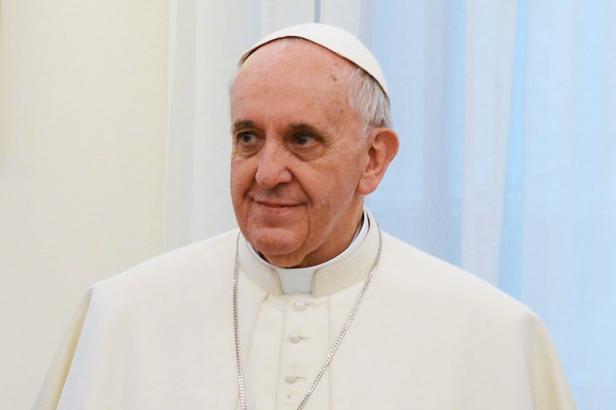The “dignity of every person, in every phase and condition of existence” was stressed by Pope Francis on 25 June 2018 to delegates at the XXIVth General Assembly of the Pontifical Academy for Life (PAV). Entitled “Equal beginnings. But then? A global responsibility”[1], this congress took place in Rome with 150 experts from around the world to discuss bioethics at international level. To reflect with them, Monsignor Vincenzo Paglia, President of the Pontifical Academy for Life, and Cardinal Sgreccia, are “keen to promote the fight for life”, in the words of the pope himself.
The Pope urges consideration of the “ethical and spiritual quality of life in all its phases”, from conception to eternal life. Biology laboratories explore the physical, chemical and biological aspects of life, which are important, but human life per se “must be integrated in a broader, deeper perspective”.
The Pope encourages us to distance ourselves from the “dirty work” of death, which “tries to persuade us that death is the end of everything, that we have come into the world by chance and we are destined to end up in nothingness”. A healthy vision of bioethics must be more “global” and “will not take illness and death as a starting point in deciding the meaning of life or defining the value of the person”, but “will rather start from the profound conviction of the irrevocable dignity of the human person, as God loves him, the dignity of every person, in every phase and condition of his existence”.
The Pope also speaks of “the acceptance of our own body” as a gift from God which is “vital for welcoming and accepting the entire world as a gift from the Father”. If mankind enters into a logic of enjoying absolute power over our own bodies, this gradually turns “often subtly, into thinking that we enjoy absolute power over creation”. He adds that “learning to accept your body, to care for it and respect its fullest meaning, is an essential element of any genuine human ecology”.
The Pope therefore reminds us that it is necessary to proceed with “careful discernment of the complex fundamental differences of human life: of man and woman, of fatherhood and motherhood, of filiation and fraternity” and he goes on to explain that life is full of “delicate or dangerous passages” that require “special ethical wisdom and courageous moral resistance”. He essentially targets “sexuality and generation, sickness and old age, insufficiency and disability”. With regard to the beginning of life, he urges us to remember that the “defence of the innocent unborn […] needs to be clear, firm and passionate, for at stake is the dignity of a human life, which is always sacred”.
The Pope also asks that bioethics issues find an appropriate place in the texts and teachings of Christian and Ecclesiastical formation, instead of being “confined to the limit-questions of morality and law”.
Last, but not least, the Pope accentuates the fact that human life is “enchantingly beautiful and fragile to die”, and calls on each and every one of us “to take a more serious look at the ultimate destination of life”, reminding us that we are infinitely more than what we can do for ourselves.
[1] “Equal beginnings. But then? A global responsibility”.
Zenit, Anne Kurian (25/06/2018)

